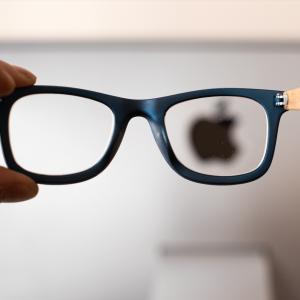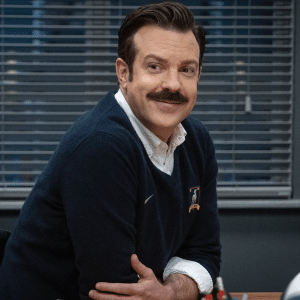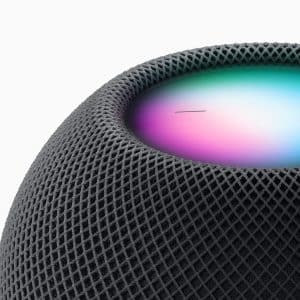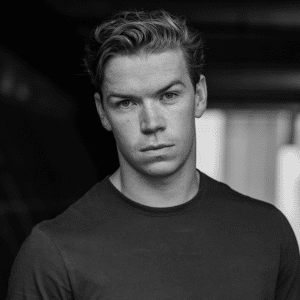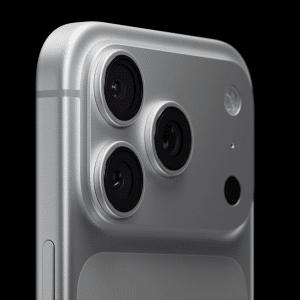Co-founder of Ava Winery, Alec Lee, and his team of engineers are working hard in their 460 square meter facility in San Francisco to assemble wine molecule by molecule.
“We create the wine without any grapes, yeast or any kind of fermentation,” said Lee. He and his team do this by analyzing the molecular profiles of certain wines and reconstructing them as a bioidentical match to more expensive wines such as the 1973 Chateau Montelena Chardonnay, that would usually set you back $11,000.
In the lab, eight scientists mimic the hundreds of compounds that give wine its aroma, body and taste by using gas and liquid chromatography and mass spectometry allowing them to reduce the substances to their component parts.
They then source the precise molecules from the companies that synthesize them for the food industry. “There are a host of natural sources for the components; it’s just a matter of extracting them,” Lee says. “A peachy smell in a moscato is caused by the same molecule as you’d find in an actual peach, for instance.”
Mixed with the right amount of water, ethanol and sugars, these molecules produce an exact copy of the original wine and are then teamed with techniques that simulate the effects of ageing.
Ava Winery was established in 2015 and since then has received mixed reviews. However, the Moscato d’Asti that they have been working on for some time has fared well in blind taste tests.
By the end of this year, the company is hoping to have products on US shelves before expanding to Europe and Asia. They also wish to branch out further to luxury goods like chocolate and coffee.


